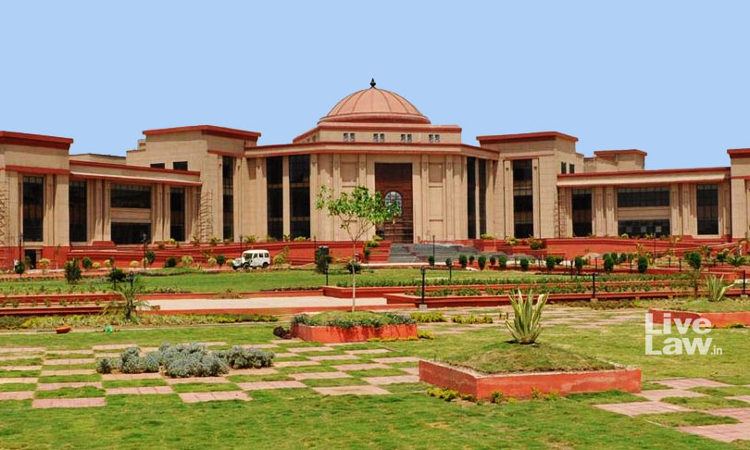The Chhattisgarh High Court arrived at a computation for the delay in filing the charge sheet, where the date of arrest is to be excluded and the date when charge-sheet was filed is to be included. It also held that the grant of default bail is an indefensible right under Section 167(2) CrPC, and the same cannot be defeated by filing a subsequent charge sheet.The petitioner, represented...

